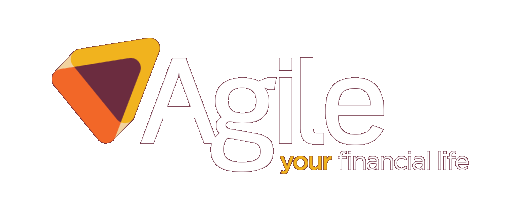Energy Saving Week is back from 17 January 2025. Throughout the week, the Energy Saving Trust will be working with organisations across the country to share tips on how you can reduce your energy bills and limit your carbon footprint.
If you’d like to take part, then keep reading to discover our best tips on how to boost your home’s energy efficiency this year.
More than 80% of homes built before 1930 are rated poorly for energy efficiency
A house’s energy efficiency is ranked on a scale from A (most energy efficient) to G (least efficient).
A government survey found that dwellings in England and Wales had a median energy efficiency rating in band D, and more than 80% of dwellings built before 1930 in England and Wales were rated in bands D to G.
Getting your home assessed for an Energy Performance Certificate (EPC) is one of the ways to know how energy efficient your house is, but chances are, there are at least a few improvements you could make to reduce your energy bill.
8 energy-saving tips to try in your home
If you want to reduce your energy bill or carbon footprint this year, read on to discover our eight top tips.
1. Switch off
One of the simplest tricks to reduce your energy consumption this winter is by turning appliances off when you aren’t using them.
Some common items you might want to switch off include:
- Kettle
- Lights
- Toaster
- Microwave
- Phone or laptop
Switching appliances off at the mains instead of leaving them in standby mode can help you reduce your amount of wasted energy.
2. Upgrade your appliances
Improving the energy efficiency of appliances you use frequently could help you cut down on your energy usage.
For example:
- LED bulbs use less energy than their halogen counterparts
- Cooking in an air fryer is cheaper than in an electric oven
- A heated drying rack uses less energy than an electric tumble dryer
- Replacing an inefficient shower head with a water-efficient one could save you money and water.
Switching out your appliances might only save you a few pounds each year, but that can add up quickly.
3. Update your heating controls
Your thermostat lets you set the desired temperature of your home, and once it reaches this temperature, it automatically turns the boiler off.
But many people fall for the common misconception that turning up your thermostat will heat your home faster when instead it is heating your home to a higher temperature at the same speed.
Setting a heating programmer to turn off the boiler while you aren’t home and to turn it back on 30 minutes before you usually return will ensure your house is always at a comfortable temperature as well as reduce your energy consumption.
4. Block draughts
One of the cheapest options for insulating your home is blocking any draughts that could be leaking heat into the atmosphere.
Applying draught-excluder strips to windows and filling in cracks in walls is inexpensive and relatively easy to do yourself.
If you have a fireplace you don’t use, it might also be worth investing around £65 in a chimney draught excluder.
5. Insulate your loft
Loft insulation is more expensive than draught excluders, but is one of the most cost-effective strategies for keeping your home warm.
Heat rises, so if your roof doesn’t have heat insulation, it can leak out into the cold atmosphere and waste energy.
Stone wool insulation costs around £10 per square metre and you can lay it down yourself like a blanket, so professionals aren’t necessarily required.
6. Fix exposed pipes
If you live in an oil-heated home, uninsulated pipes may be losing heat that could be used to warm your home rather than being lost to the atmosphere.
Insulating these exposed pipes is thankfully not an expensive process but can help you save up to 25kg of carbon dioxide a year.
7. Try solar panels
Solar panels use energy from the sun, even on cloudy days, to make electricity which could then be used to power your appliances without affecting your energy bill.
Installing a typical solar panel system could help you save around £300 and 950kg of carbon dioxide per year. You could even install batteries that would allow you to store energy during the daytime to use in the evening.
8. Invest in a heat pump
A standard air-source heat pump could help you get back four times more energy than you put in. For comparison, a modern gas boiler loses around 8% of the energy you put in to make heat.
The installation of a heat pump usually costs around £14,000, but the UK government offers grants of £7,500 to help you offset costs. This makes a heat pump an excellent option if you’re planning to stay in your house long term, and might increase your property’s value if you decide to move.








